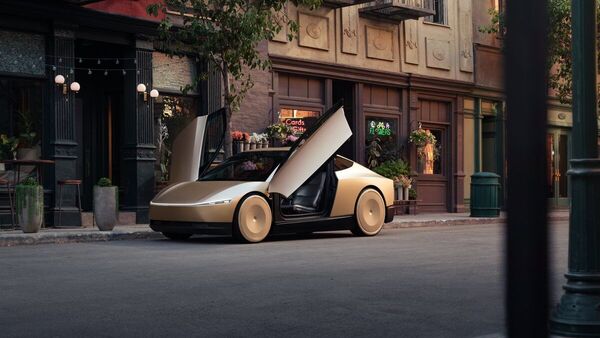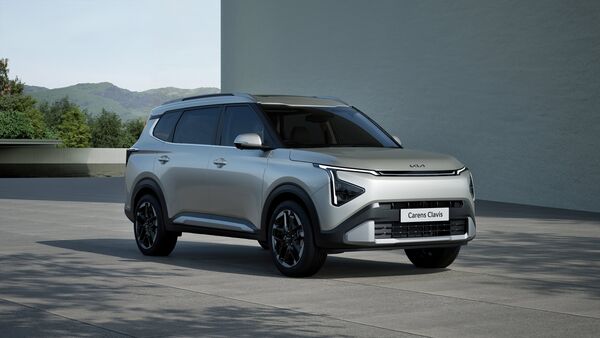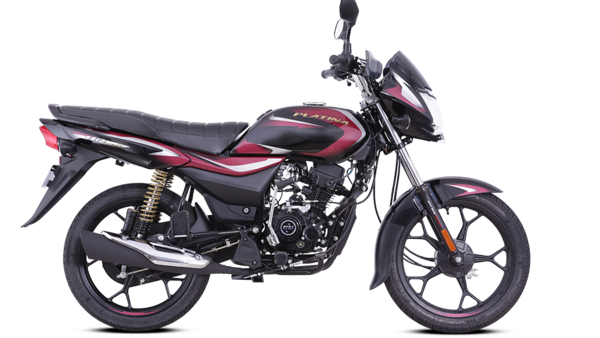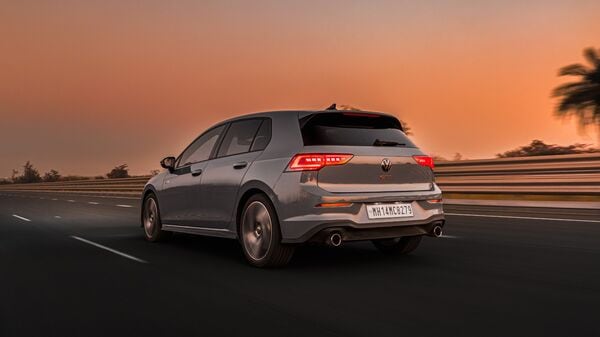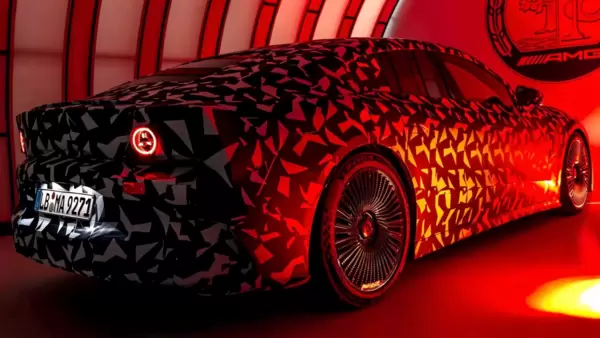
Electric car sales falling world over, leaving carmakers in shock. Here's why
6 months ago | 5 Views
Electric vehicles (EVs) have long been promised as the inevitable future of mobility. Carmakers across the world have been forced to accept a ‘perform or perish’ mantra leading most to invest billions of dollars in developing battery technology and/or newer models with battery power. While the demand for such machines once rose rapidly, the honeymoon period is seemingly over. The EV industry is stuck within a period of stunted growth, and while alarm bells have not gone off yet, carmakers are keeping the panic button close at hand.
Take Ford Motor Company for instance: While the F-150 Lightning has been one of its best-selling models in the US, the carmaker is now planning a seven-week shutdown of its Michigan facility where the electric truck is manufactured. Why? Demand for the model has fallen from what it was previously. "We continue to adjust production for an optimal mix of sales growth and profitability," said the American company in a recent statement.
Even the world’s largest EV maker is not exempt from the current market conditions. Tesla has been facing quite the heat with the Model 3 and Model Y cars falling short of their past success. The EV maker did observe a 6.4 per cent sales growth in Q3 2024, but analysts attribute this performance to the new Cybertruck that made up for its lacklustre smaller siblings. Tesla further faces stiff competition from the likes of China’s BYD, a brand that has expanded its horizons quite aggressively.
As we sail across the Atlantic, we begin to notice a trend of local European carmakers having to ward off Chinese competition. The threat from China-made EVs remains as is despite the controversial imposition of higher tariffs by the European Union (EU). In the larger scheme of things, however, EVs do not seem to fare as well as they did in the past. Volkswagen is gearing up for plant shutdowns in Germany for the first time in its 87-year history. This unprecedented move has caused a rift between the auto giant deemed too big to go down and its workers threatened with large-scale layoffs and wage cuts. At the same time, Mercedes-Benz has reported that its third-quarter profits plunged by 50 per cent this year.
Suggested watch: unveiled. Will the Hyundai Inster Cross EV fight it out with the upcoming Tata Punch EV in India?
What’s hurting EV sales across the world?
A report prepared by Goldman Sachs Research analyst Kota Yuzawa suggests that there are multiple varying factors involved which prove to be a challenge for the global EV sector. Some are local, such as the uncertainties surrounding the US Presidential elections and what they mean for the auto industry at large.
Among other factors to be considered is a rise in demand for pre-owned vehicles that has adversely impacted new EV sales. Furthermore, the slow pace at which rapid-charging stations are being constructed and the inability of manufacturers to offer a real value proposition are two underlying elements that need to be addressed.
Here in India, the absence of the Faster Adoption and Manufacturing of Hybrid and Electric Vehicles (FAME) scheme has meant a four-month-long sales decline for electric cars even though electric two-wheeler sales are going strong. Amid all of this, the country’s largest carmaker, Maruti Suzuki, is gearing up to launch its first electric car by early 2025, while others such as Hyundai and Mahindra seem dead set on expanding their electric portfolio. To this end, the Hyundai Creta electric is ready for a 2025 debut while the Mahindra XUV 3XO EV is nearing completion. But within the current circumstances, can the likes of Hyundai, Maruti Suzuki, and Mahindra play the volume game?
Read Also: Honda City facelift to break cover soon. India debut in…


